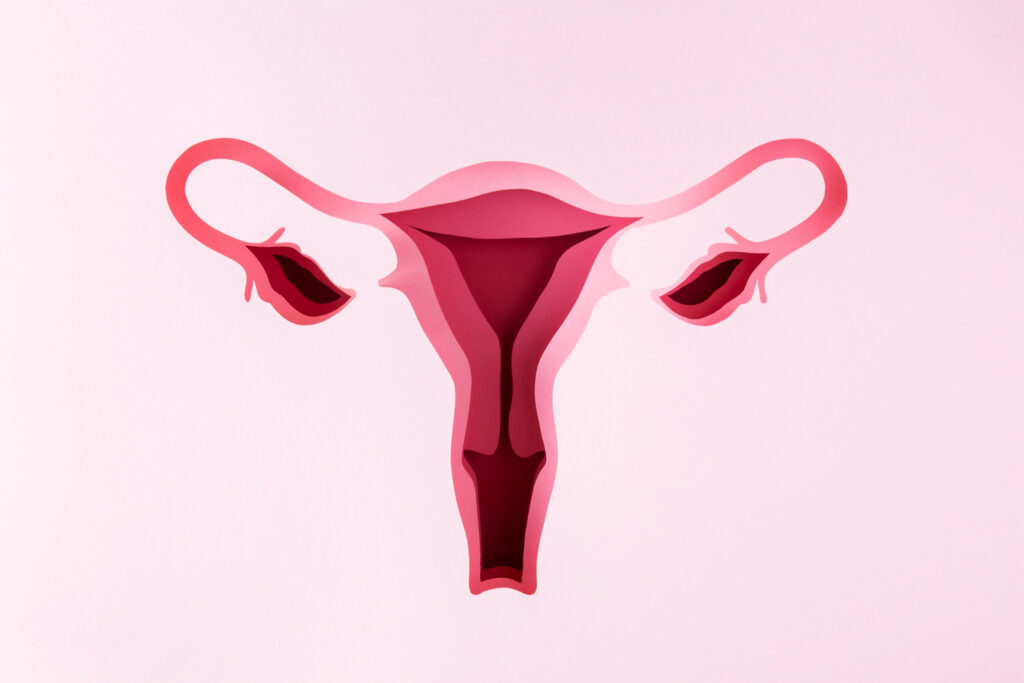Introduction:
Cervical cancer is a significant health concern affecting women worldwide. As one of the most common types of cancer, it is crucial to be well-informed about its risks, symptoms, and preventive measures. By understanding the key aspects associated with cervical cancer, we hope to equip you with the knowledge needed to safeguard your health and seek timely medical attention.

What is Cervical Cancer?
Cervical cancer is a malignancy that affects the cervix, the lower part of the uterus that connects to the vagina. Most cervical cancers are caused by the human papillomavirus (HPV), a sexually transmitted infection. It often develops slowly over time, starting with pre-cancerous cell changes and progressing to invasive cancer if left untreated.
Understanding the Risks:
Several factors increase the risk of developing cervical cancer, including:
- HPV infection: Certain strains of HPV, particularly types 16 and 18, are strongly linked to cervical cancer. Practising safe sex and getting vaccinated against HPV can significantly reduce the risk.
- Early sexual activity: Engaging in sexual activity at an early age increases the risk of HPV exposure, leading to a higher likelihood of cervical cancer development.
- Multiple sexual partners: Having multiple sexual partners or being in a relationship with someone who has had multiple partners raises the risk of contracting HPV.
- Weakened immune system: Women with weakened immune systems, such as those living with HIV/AIDS or those who have undergone organ transplantation, have a higher susceptibility to cervical cancer.
Recognizing the Symptoms:
Cervical cancer may not present any noticeable symptoms in its early stages, which is why regular screenings are essential. However, as the disease progresses, patients may experience:
- Abnormal vaginal bleeding: Unusual bleeding between periods, after sexual intercourse, or after menopause could be an indicator of cervical cancer.
- Pelvic pain: Persistent pelvic pain that is not related to menstruation or any other known causes should be evaluated by a healthcare professional.
- Unusual vaginal discharge: Increased or altered vaginal discharge that may be foul-smelling or blood-tinged might be a sign of cervical cancer.
- Pain during sexual intercourse: Pain or discomfort during intercourse, known as dyspareunia, can be an indication of cervical cancer.
Prevention and Early Detection:
Preventing cervical cancer involves a combination of vaccination, regular screenings, and healthy lifestyle choices:
- HPV vaccination: Vaccines such as Gardasil and Cervarix protect against the most common HPV strains that cause cervical cancer. Vaccination is recommended for girls and boys between the ages of 9 and 14.
- Routine screenings: Regular Pap smears or HPV tests are crucial for early detection and treatment of precancerous or cancerous cells. Discuss with your healthcare provider the appropriate screening schedule based on your age and risk factors.
- Safe sexual practices: Practicing safe sex, using condoms consistently, and limiting the number of sexual partners can reduce the risk of HPV transmission.
- Healthy lifestyle choices: Maintaining a healthy lifestyle, including a balanced diet, regular exercise, and avoiding tobacco use, can help bolster your immune system and reduce the risk of cervical cancer.
Seeking Medical Attention:
If you experience any symptoms or have concerns about your cervical health, it is important to consult our healthcare professionals at our Women’s Care Clinic. They can conduct a thorough examination, recommend appropriate tests, and guide further steps, if necessary.
Cervical cancer is a significant health issue that can be prevented or detected early through awareness, vaccination, regular screenings, and healthy lifestyle choices. By understanding the risks, recognizing the symptoms, and taking preventive measures, patients at Nyaho Medical Centre can actively protect their cervical health and improve their overall well-being. Remember, early detection and intervention are key to successful treatment outcomes.


